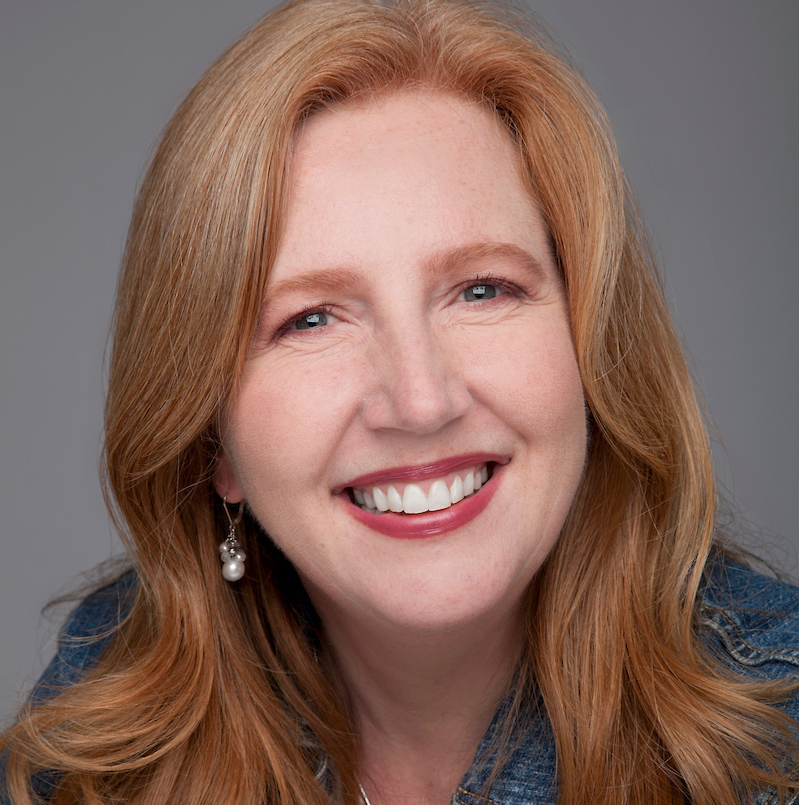Cynthia Scheiderer
At a recent meeting of the Decoloniality and Social Privilege Awareness Institute (DSPAI) we engaged in travel of time and place, all from the comfort of our Zoom squares. Through photographs, stories, and reflections, we traced a journey of one of our members that crossed continents and generations. We virtually visited Tibet, India, Africa, and several branches of family and friends. Another member reflected on learning more about his extended family tree at a recent family reunion, including those who suffered in Nazi Germany. One member hails from Hong Kong and traced the inseparable histories of China, Tibet, the United Kingdom, and Hong Kong. Another member is from India and spoke to the cultural, familial, and intrapersonal time-and-place travel of her journey. And there’s me, born and raised in the United States from German and Serbian ancestors who immigrated to this country in the 1800s. Their reasons and old country culture are lost to us, and my generation and I have only the bubble of Whiteness and citizenship privilege they enthusiastically embraced and bequeathed to us.
Our DSPAI conversation crossed groups, identities, generations, and locations within our own histories and families, acknowledging oppressors and oppressed and sitting with each other in that awareness. There are colonizers and colonized in our family trees, in our ethnic, national, and geographic birthplaces and homes. Coloniality creates a deeply tangled web with extremely complex patterns and consequences that cross continents, persist over generations, and burrow into dysconsciousness. Our meeting was a vertigo-inducing glimpse into this trauma in our house.
I happened to be reading about intergroup relations this same week for my Social Psychology class and the contrast between our DSPAI conversation and the scholarly literature hit me in the solar plexus. The scholarly literature seemed sterile, inadequate, incomplete, and siloed compared to the richness and depth of our conversation. How can a positivist science begin to grasp the phenomena of our lives? Our research traditions make it easy to find what we want to see, and easy to ignore anything too uncomfortable or complex. We have words for the uncomfortable and complex: “confounding variables,” “nuisance variables,” “noise.” DSPAI is a place where I can listen for the signal in that noise.
One member said, “The colonizers are so much a part of who we are now. But you go back, and then there’s the blood.” There is bloodshed in our histories, our families, our present. What is the reach of that trauma? In some cultures, including Jewish culture and Torah scholarship, the number seven indicates fullness of time and completion. Does cross-generational trauma last seven generations? Has our research even begun to observe this? What we can observe is that coloniality is in our blood. And it is only by seeing this that we can begin to own it and liberate ourselves from it.

Cynthia Scheiderer (she/her)
I’ve been challenging the status quo from the get-go. I have a chart from when I was four years old with plenty of gold stars for helping to set the table, but not a single star for “Say ‘ok’ and not ‘why.’” I never stopped asking “why?” and—to my mother’s relief!—I eventually learned to listen for wise answers. Now, after a career that spanned high tech, government, foundations, and owning my own small business, I am pursuing a lifelong dream to become a doctor. I chose the Doctor of Clinical Psychology program at Antioch University Seattle for the opportunity to study with its outstanding faculty and for its genuine commitment to social justice. I wish I could do all the things in psychology, but since that’s not likely, I’ve been exploring neuropsychology and geropsychology. I earned my bachelor’s degree in speech communication—rhetoric from California State University, Fullerton, and my master’s degree in adult education and training from Seattle University, with an emphasis on development across the lifespan and organizational development. I was a founding member of the board of directors of Foster Care Alumni of America and was recognized with their Vision Award. I live and work in Seattle with my husband Greg and two office cats, Tommy and Tuppence. When I’m not working, I’m usually gardening, traveling by train, seeing a play, or keeping score at a baseball game.